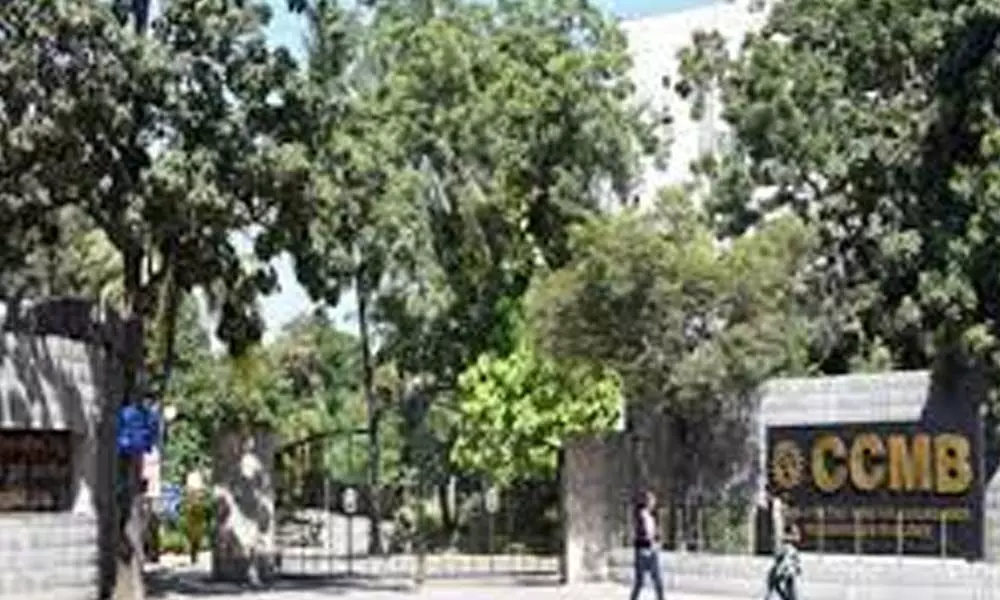CCMB, BSIP conduct genetic study on Roman Catholics of West Coast

CCMB, BSIP conduct genetic study on Roman Catholics of West Coast
They were found to be remnants of very early lineages of Brahmin community
Hyderabad: The CSIR-Centre for Cellular and Molecular Biology (CCMB) and BSIP, Lucknow, have conducted a genetic study on Roman Catholic population of the West Coast India. Till date, no such study was done on this group to infer their origin and genetic history. This finding has been published in Human Genetics on August 23.
Dr Kumarasamy Thangaraj, chief scientist, and Director, Centre for DNA Fingerprinting and Diagnostics, and Dr Niraj Rai, senior scientist, DST-Birbal Sahni Institute of Palaeosciences (BSIP), Lucknow, analysed DNA of 110 individuals from the Roman Catholic community of Goa, Kumta and Mangalore.
They compared the genetic information of the Roman Catholic group with previously published DNA data from India and West Eurasia. They concluded that the Roman Catholics of Goa, Kumta and Mangalore regions were the remnants of very early lineages of Brahmin community, a majorly with Indo-European-specific genetic composition. This study found consequences of Portuguese inquisition in Goa on the population history of the Roman Catholics. They also found some indication of Jewish component.
"Our genetic study revealed that a majority of the Roman Catholics are genetically close to an early lineage of Gaur Saraswat community. More than 40 per cent of their paternally inherited Y chromosomes can be grouped under R L A Haplo Group. Such a genetic signal is prevalent among population of north India, West Asia and Europe, and unique to this population in Konkan region," said Dr Thangaraj, senior author of the study.
"This study strongly suggests profound cultural transformations in ancient South West of India. This has mostly happened due to continuous migration and mixing events since last 2,500 years." said Dr Niraj Rai, co- corresponding author of the paper.
"This multi-disciplinary study using history, anthropology and genetics information have helped us in understanding the population history of Roman Catholics from one of the most diverse and multicultural regions of our country," said Dr Vinay K Nandikoori, Director, CCMB.
The other institutes involved in the study were Mangalore University, Canadian Institute for Jewish Research and Institute of Advanced Materials, Sweden.















